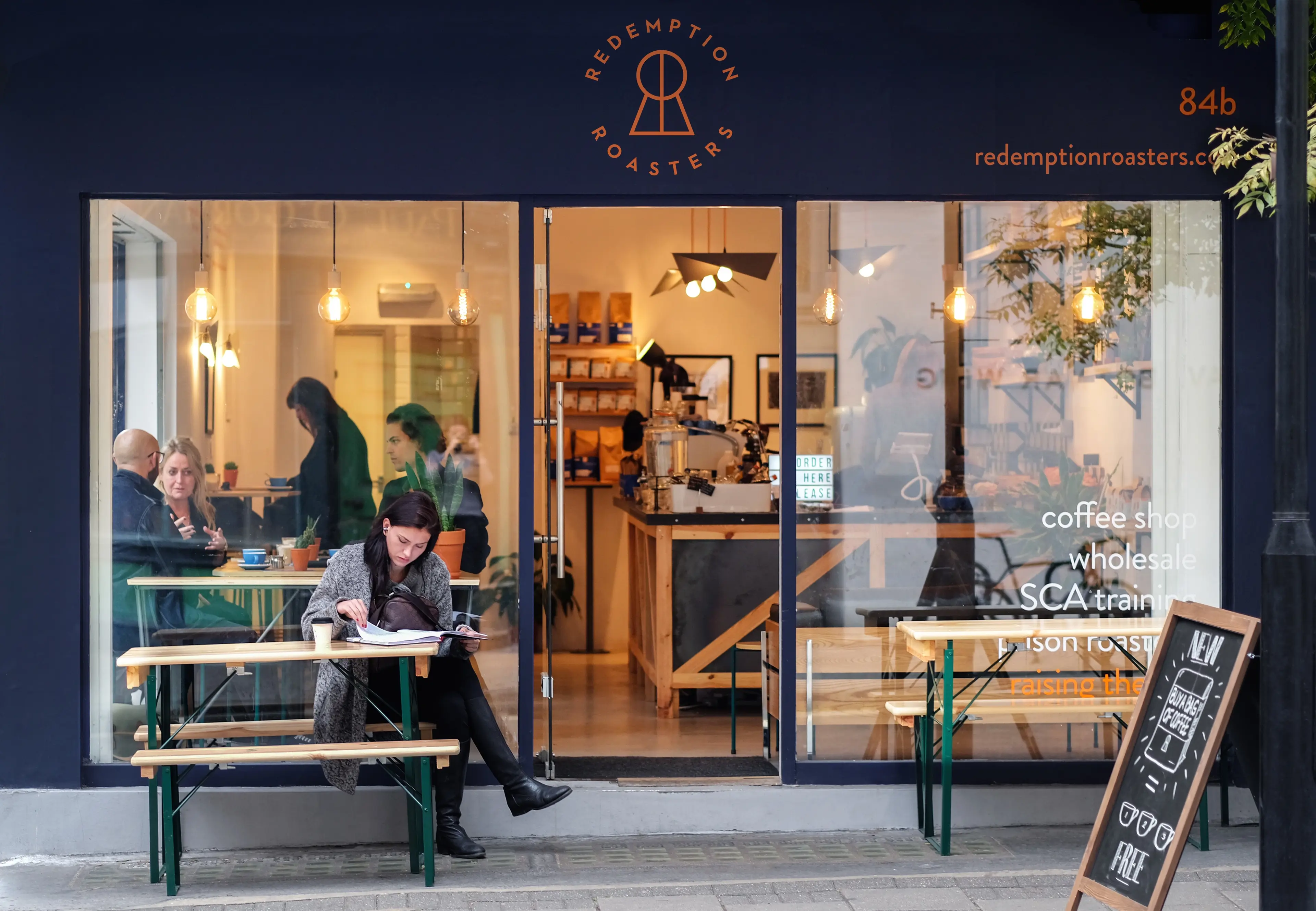
Trends & Insights
1 Jul 2019
10 Min Read
A Conversation With... Redemption Roasters' Max Dubiel
It is hard to believe Britain produces one of the worst re-offending rates across the whole of Europe.
Trends & Insights

Retail & Luxury Goods
4 Sept 2025
9 min read

News
5 May 2025
3 min read

News
17 May 2024
2 min read

Trends & Insights
1 Jul 2019
10 Min Read
It is hard to believe Britain produces one of the worst re-offending rates across the whole of Europe.
Trends & Insights